Home>Others>Specialized Home Improvement Topics>How To Organize Rental Property Files
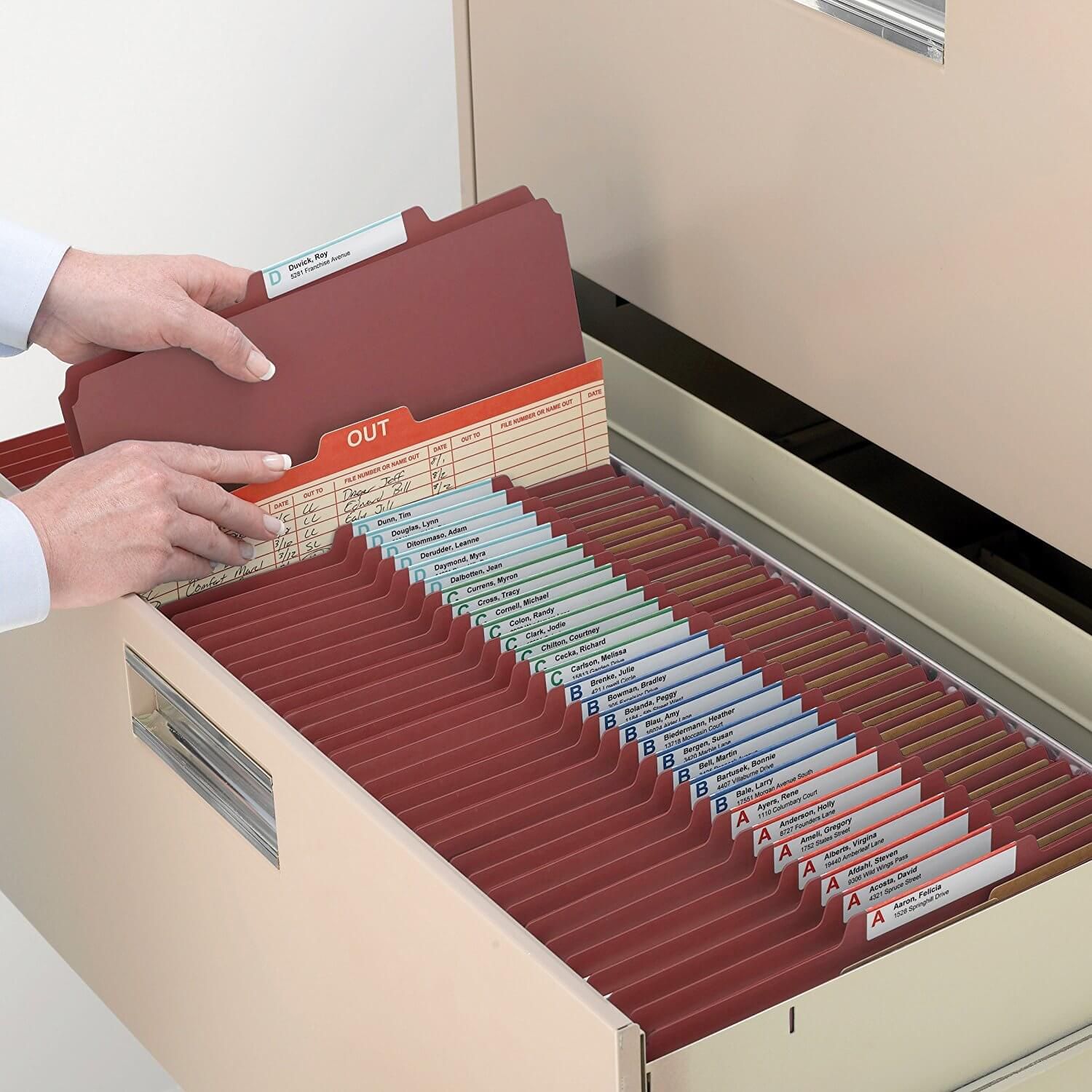

Specialized Home Improvement Topics
How To Organize Rental Property Files
Published: March 3, 2024
Learn how to efficiently organize your rental property files with our specialized home improvement topics. Streamline your paperwork and stay organized effortlessly.
(Many of the links in this article redirect to a specific reviewed product. Your purchase of these products through affiliate links helps to generate commission for Storables.com, at no extra cost. Learn more)
Introduction
Are you a landlord or property manager struggling to keep track of all your rental property files? Organizing rental property files is crucial for staying on top of important documents and ensuring a smooth operation. In this article, we will explore the best practices for setting up a filing system, categorizing documents, choosing between digital and physical files, and maintaining organized records. By the end, you'll have the tools and knowledge to streamline your rental property management process and keep your files in order. Let's dive in!
Key Takeaways:
- Keep your rental property files organized by setting up a clear filing system, categorizing documents, and choosing between digital and physical files. This helps you save time, reduce stress, and stay on top of important documents.
- Organized rental property files are crucial for efficient management, compliance with legal requirements, transparent financial operations, positive tenant relations, and risk mitigation. They reflect professionalism and contribute to a positive reputation in property management.
Setting Up a Filing System
Setting up a filing system is the first step to getting your rental property files organized. Start by designating a specific area in your office or workspace for file storage. Invest in a filing cabinet or sturdy file boxes to keep your documents safe and secure. Label each storage container clearly, using categories such as "Lease Agreements," "Tenant Applications," "Maintenance Records," and "Financial Documents." This will make it easier to locate specific files when needed. Additionally, consider using color-coded labels or folders to further differentiate between various types of documents. By establishing a clear and accessible filing system, you can save time and reduce the stress of searching for important papers.
Next, create a master list or index of all the files you plan to keep. This list will serve as a reference guide, outlining the contents of each file and its location within your filing system. Be sure to update the master list regularly as new documents are added or removed. Additionally, consider implementing a file naming convention to standardize the way documents are labeled. For example, you could use a combination of the tenant's name, document type, and date to create consistent file names. This will make it easier to identify and retrieve specific files, especially in a digital file management system.
To further streamline your filing system, consider utilizing software or apps designed for document management. These tools can help you create a digital filing system that complements your physical files. By scanning and digitizing important documents, you can reduce paper clutter and access files remotely when necessary. Choose a secure and user-friendly document management platform that allows you to categorize and tag digital files for easy retrieval. Whether you opt for a traditional paper-based filing system or embrace digital file organization, the key is to establish a system that works for your specific needs and preferences.
Categorizing Documents
When it comes to organizing rental property files, categorizing documents is essential for efficient management. By grouping similar documents together, you can quickly locate specific information and maintain a structured filing system. Here are some key categories to consider when organizing your rental property files:
- Lease Agreements: Create a separate section for lease agreements, including both current and past leases. Organize them chronologically or alphabetically by tenant name for easy reference.
- Tenant Applications: Keep a dedicated folder for tenant applications, sorted by date or tenant name. Include application forms, background checks, and any related correspondence.
- Maintenance Records: Document all maintenance and repair records in a designated section. This can include work orders, invoices, receipts, and inspection reports.
- Financial Documents: Organize financial documents such as rent payment records, utility bills, tax information, and property insurance documents. Create subcategories for each type of financial record to maintain clarity.
- Legal Correspondence: Keep track of any legal correspondence, including notices, eviction notices, and communication with legal representatives. Separate these documents to ensure they are easily accessible when needed.
- Property Improvements: Maintain a section for records related to property improvements, renovations, or upgrades. This can include permits, contractor agreements, and before-and-after photos.
By categorizing your rental property documents in this manner, you can streamline your filing system and quickly locate specific information when required. Additionally, consider creating a separate section for general correspondence, such as emails, letters, and notes related to your rental properties. This will help you keep track of ongoing communication and reference historical interactions with tenants, contractors, and other relevant parties.
Digital vs. Physical Files
When it comes to organizing rental property files, you may find yourself debating between managing documents in a digital format or maintaining physical files. Both options have their advantages, and the decision ultimately depends on your preferences and operational needs.
Physical Files
Physical files offer a tangible and traditional approach to document management. By storing paper documents in filing cabinets or boxes, you have a physical backup of important records. This can be reassuring, especially if you prefer the tactile experience of handling paper documents. Additionally, physical files can be easily accessed without the need for digital devices or internet connectivity. In the event of technological issues, physical files provide a reliable alternative for accessing essential documents.
However, managing physical files requires ample storage space and diligent organization to prevent clutter and disarray. Regular maintenance, such as purging outdated documents and ensuring proper labeling, is essential to keep physical files manageable and accessible. Furthermore, physical files are susceptible to damage from environmental factors, such as water, fire, or pests. It's crucial to store physical files in a secure and controlled environment to mitigate these risks.
Digital Files
Digital file management offers a modern and efficient approach to organizing rental property documents. By scanning and digitizing paper records, you can create a searchable and easily accessible database of files. Digital documents can be stored on computers, external hard drives, or cloud-based platforms, providing flexibility and remote access. This accessibility is particularly beneficial for property managers who need to retrieve documents while on the go or working from different locations.
Moreover, digital files are less susceptible to physical damage and can be backed up to prevent data loss. Cloud storage solutions offer additional security and redundancy, ensuring that your files are protected from unforeseen events. With the ability to quickly search, sort, and share digital documents, property managers can streamline their workflow and reduce the time spent managing paper-based records.
Ultimately, the decision to prioritize digital or physical files may involve a combination of both approaches. Some property managers opt for a hybrid system, where essential documents are stored in both formats to provide redundancy and flexibility. Regardless of the chosen method, the key is to establish a consistent and organized approach to managing rental property files that aligns with your operational preferences and requirements.
Maintaining and Updating Files
Once you have established a filing system and categorized your rental property documents, the next crucial step is to maintain and update your files regularly. Effective maintenance ensures that your filing system remains organized and functional, while regular updates reflect the evolving nature of property management.
Here are essential strategies for maintaining and updating your rental property files:
Regular Audits
Conduct periodic audits of your filing system to review the contents of each file and ensure that documents are up to date. Remove any outdated or irrelevant records to prevent clutter and confusion. This process also allows you to identify any missing documents that need to be added to the system.
Document Retention Policies
Establish clear document retention policies to determine how long specific types of records should be kept. For example, lease agreements and financial statements may have different retention periods based on legal requirements and operational needs. Adhering to consistent retention policies helps prevent the accumulation of unnecessary documents and ensures compliance with relevant regulations.
File Maintenance Schedule
Create a file maintenance schedule to allocate dedicated time for organizing and updating your rental property files. Whether it's a weekly, monthly, or quarterly routine, having a structured schedule ensures that file maintenance becomes a regular and prioritized task. During these maintenance sessions, review and rearrange files as needed, update document labels, and address any filing discrepancies.
Backup and Security Measures
Implement robust backup and security measures to safeguard your digital files. Regularly back up your digital documents to prevent data loss in the event of hardware failure or cyber threats. Utilize encryption and access controls to protect sensitive information, especially when managing tenant-related documents. Additionally, consider off-site or cloud-based backups for added redundancy and disaster recovery preparedness.
Document Updates
As property management processes evolve, it's essential to update your files accordingly. This includes incorporating new lease agreements, tenant applications, maintenance records, and any other relevant documents. When updating digital files, ensure that the latest versions are properly labeled and organized within your digital filing system. For physical files, replace outdated documents with updated versions and maintain chronological or alphabetical order within each category.
Staff Training and Accountability
If you have a team involved in property management and file maintenance, provide training on the filing system and document management protocols. Establish accountability measures to ensure that all team members adhere to the established filing standards. Regularly communicate the importance of file maintenance and updates to maintain a cohesive and organized approach across the property management team.
By implementing these strategies for maintaining and updating your rental property files, you can ensure that your filing system remains efficient, compliant, and reflective of the dynamic nature of property management. Regular maintenance and updates contribute to a streamlined and reliable document management process, ultimately enhancing the overall efficiency of your rental property operations.
Importance of Organized Files
Organized files play a pivotal role in the effective management of rental properties. The importance of maintaining a well-structured filing system cannot be overstated, as it directly impacts the efficiency, compliance, and overall success of property management operations. Here's a detailed look at the significance of organized files in the context of rental property management:
-
Efficient Information Retrieval: An organized filing system enables property managers to swiftly locate and retrieve essential documents. Whether it's a lease agreement, maintenance record, or financial document, having a structured filing system reduces the time and effort required to access critical information. This efficiency is particularly valuable during tenant interactions, financial audits, and legal proceedings, where quick access to accurate records is paramount.
-
Compliance and Legal Requirements: Rental property management is subject to various legal and regulatory obligations. Organized files facilitate compliance with documentation retention policies, lease agreement disclosures, and tenant communication records. By maintaining organized files, property managers can demonstrate adherence to legal requirements and effectively respond to inquiries or audits from regulatory authorities.
-
Financial Transparency and Accountability: Clear and organized financial documents, including rent payment records, utility bills, and tax-related information, contribute to financial transparency and accountability. Organized files support accurate financial reporting, budgeting, and tax preparation, which are essential aspects of responsible property management. Additionally, organized financial records facilitate the identification of discrepancies, ensuring that financial operations remain transparent and compliant.
-
Tenant Relations and Dispute Resolution: Organized files are instrumental in fostering positive tenant relations and resolving disputes effectively. Access to well-maintained tenant applications, communication records, and maintenance histories enables property managers to address tenant inquiries, concerns, and disputes with clarity and accuracy. Organized files contribute to building trust and transparency in tenant interactions, ultimately enhancing the overall tenant experience.
-
Operational Efficiency and Time Management: A well-organized filing system streamlines operational processes and optimizes time management for property managers. With organized files, routine tasks such as lease renewals, property inspections, and vendor coordination become more efficient. Property managers can allocate their time and resources effectively, focusing on strategic property management initiatives rather than grappling with disorganized or inaccessible documents.
-
Risk Mitigation and Disaster Preparedness: Organized files contribute to risk mitigation and disaster preparedness in rental property management. By maintaining clear records of property maintenance, insurance policies, and legal correspondence, property managers are better equipped to address unforeseen events, such as property damage, legal disputes, or emergency situations. Organized files support proactive risk management and facilitate swift responses to unexpected challenges.
-
Professionalism and Reputation: A well-organized filing system reflects professionalism and attention to detail in property management practices. When interacting with tenants, property owners, or regulatory entities, the ability to promptly access organized files enhances the professional image of property management operations. This attention to organization and detail contributes to a positive reputation and instills confidence in stakeholders regarding the management of rental properties.
In summary, the importance of organized files in rental property management extends across various facets of operations, compliance, and stakeholder relations. From facilitating efficient information retrieval to supporting compliance, financial transparency, and risk mitigation, organized files are foundational to successful property management. Property managers who prioritize and maintain organized files are better positioned to navigate the complexities of rental property management with confidence and professionalism.
Conclusion
In conclusion, organizing rental property files is a fundamental aspect of effective property management. By setting up a well-structured filing system, categorizing documents, and maintaining organized records, property managers can streamline their operations, enhance compliance, and foster positive tenant relations. Whether opting for physical or digital file management, the key is to prioritize efficiency, transparency, and risk mitigation through organized files. The significance of organized files extends to information retrieval, compliance, financial transparency, tenant relations, operational efficiency, risk mitigation, and professional reputation. Property managers who invest in maintaining organized files demonstrate a commitment to excellence and responsible property management practices. With a cohesive and organized approach to file management, property managers can navigate the dynamic landscape of rental property management with confidence and efficiency.
Frequently Asked Questions about How To Organize Rental Property Files
Was this page helpful?
At Storables.com, we guarantee accurate and reliable information. Our content, validated by Expert Board Contributors, is crafted following stringent Editorial Policies. We're committed to providing you with well-researched, expert-backed insights for all your informational needs.



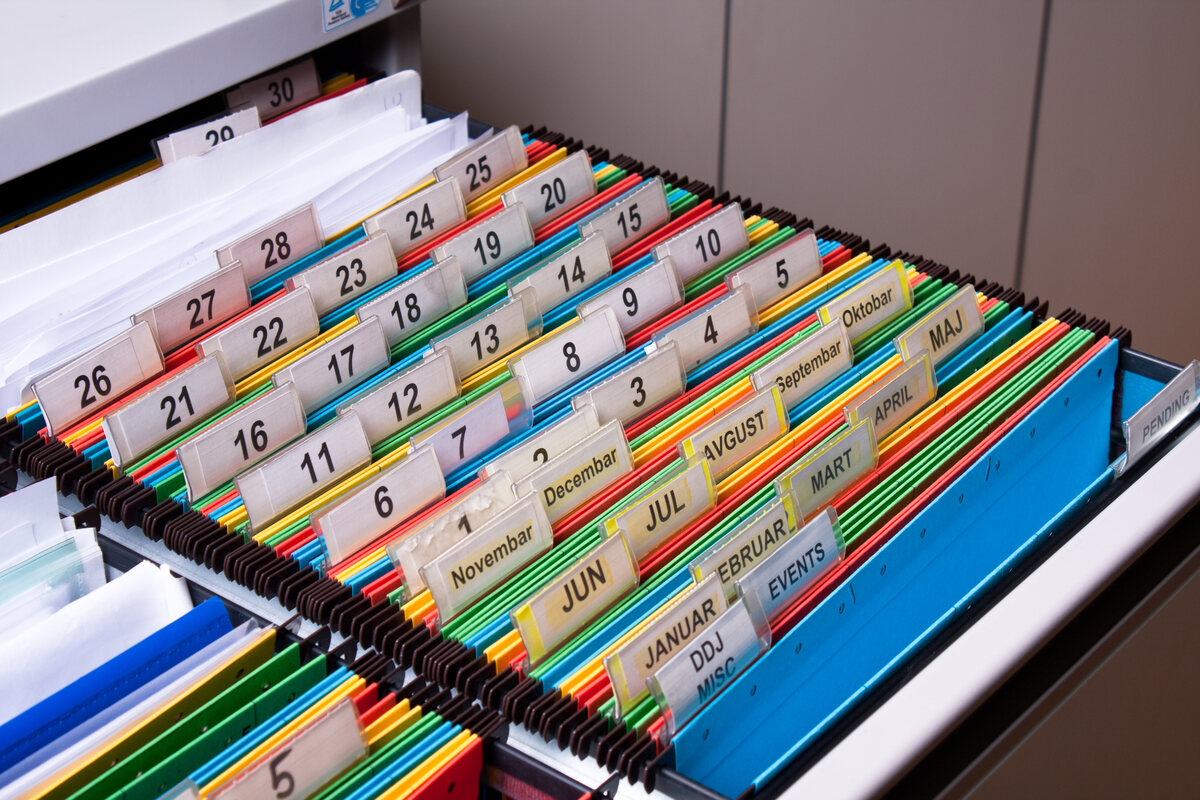
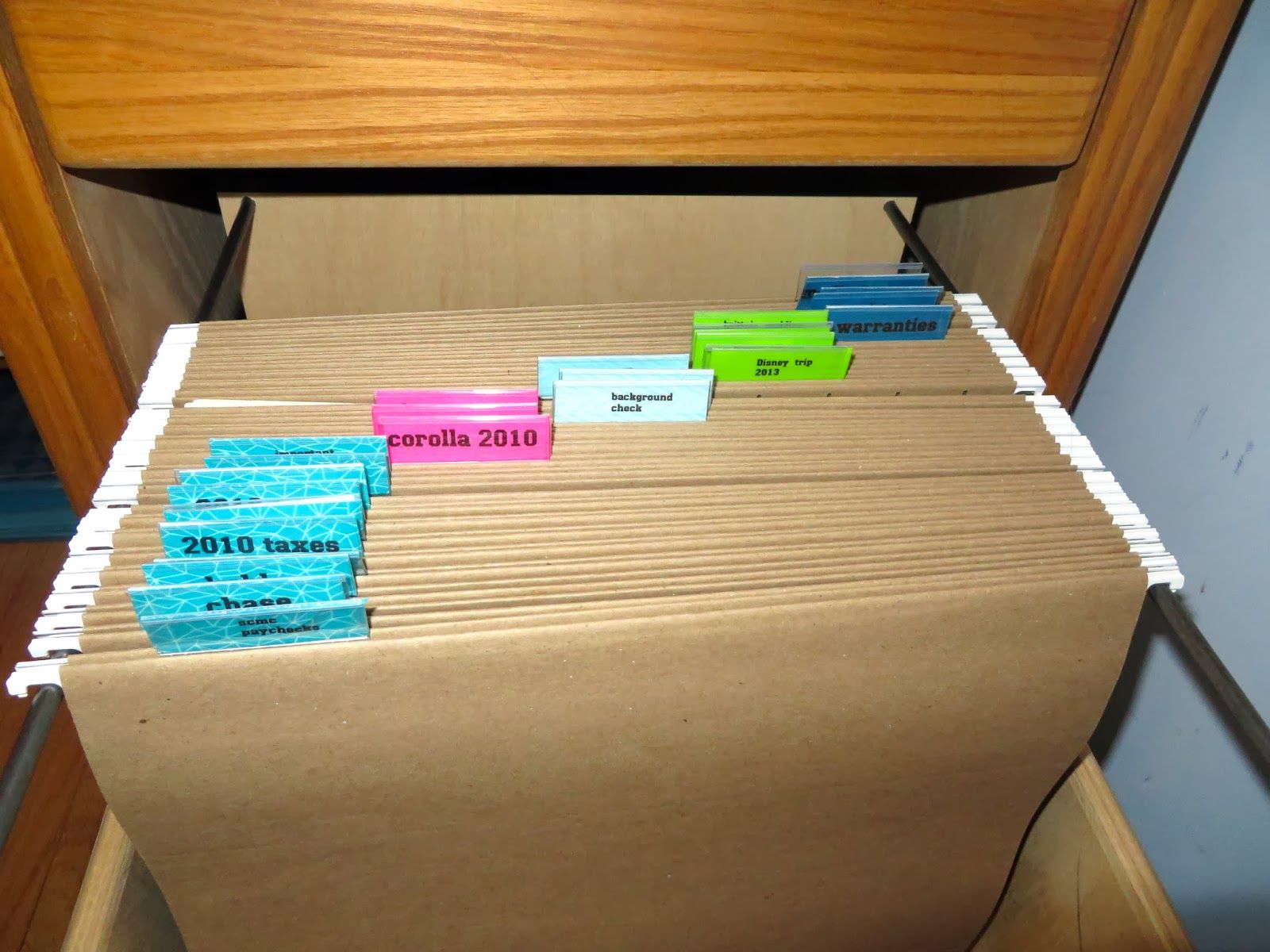



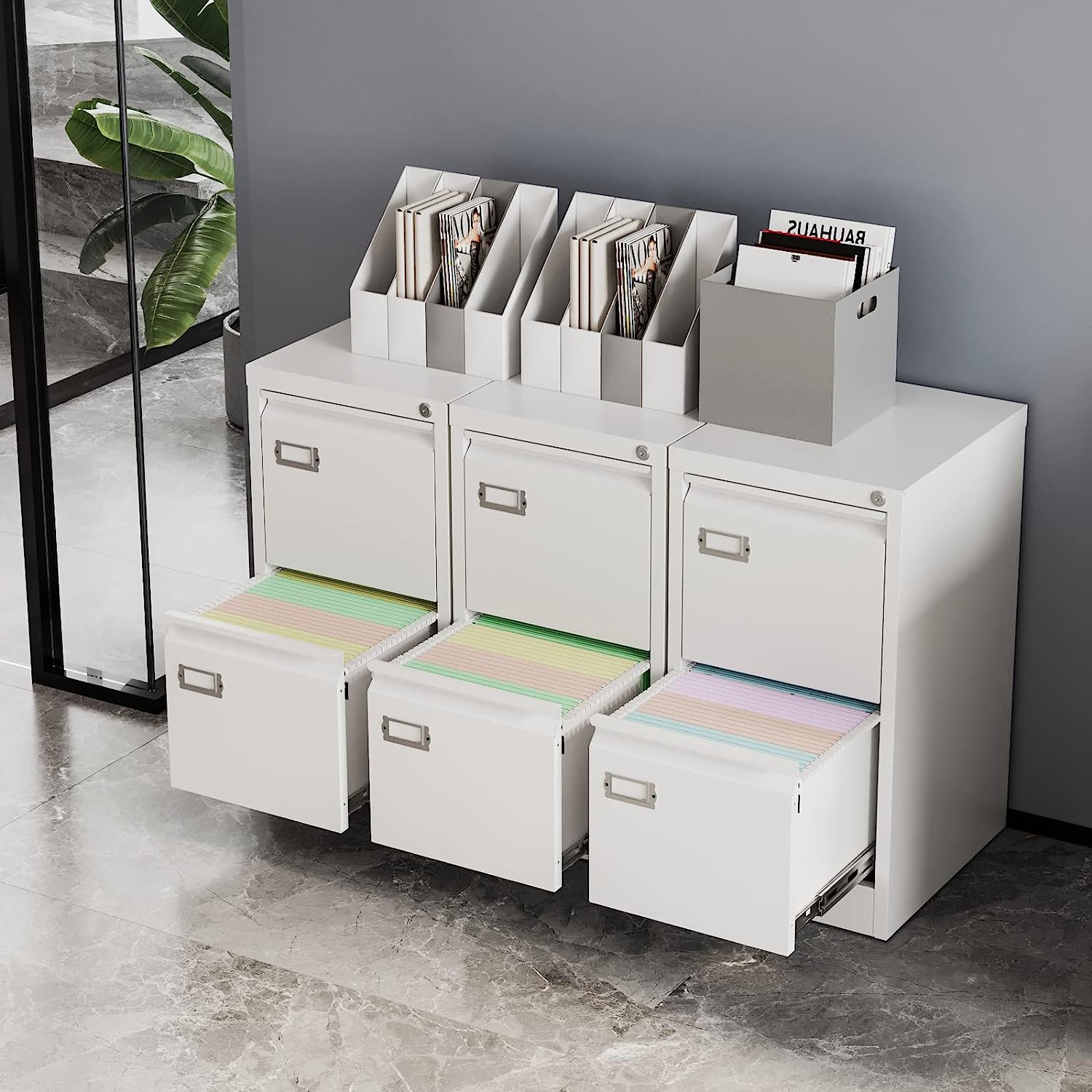
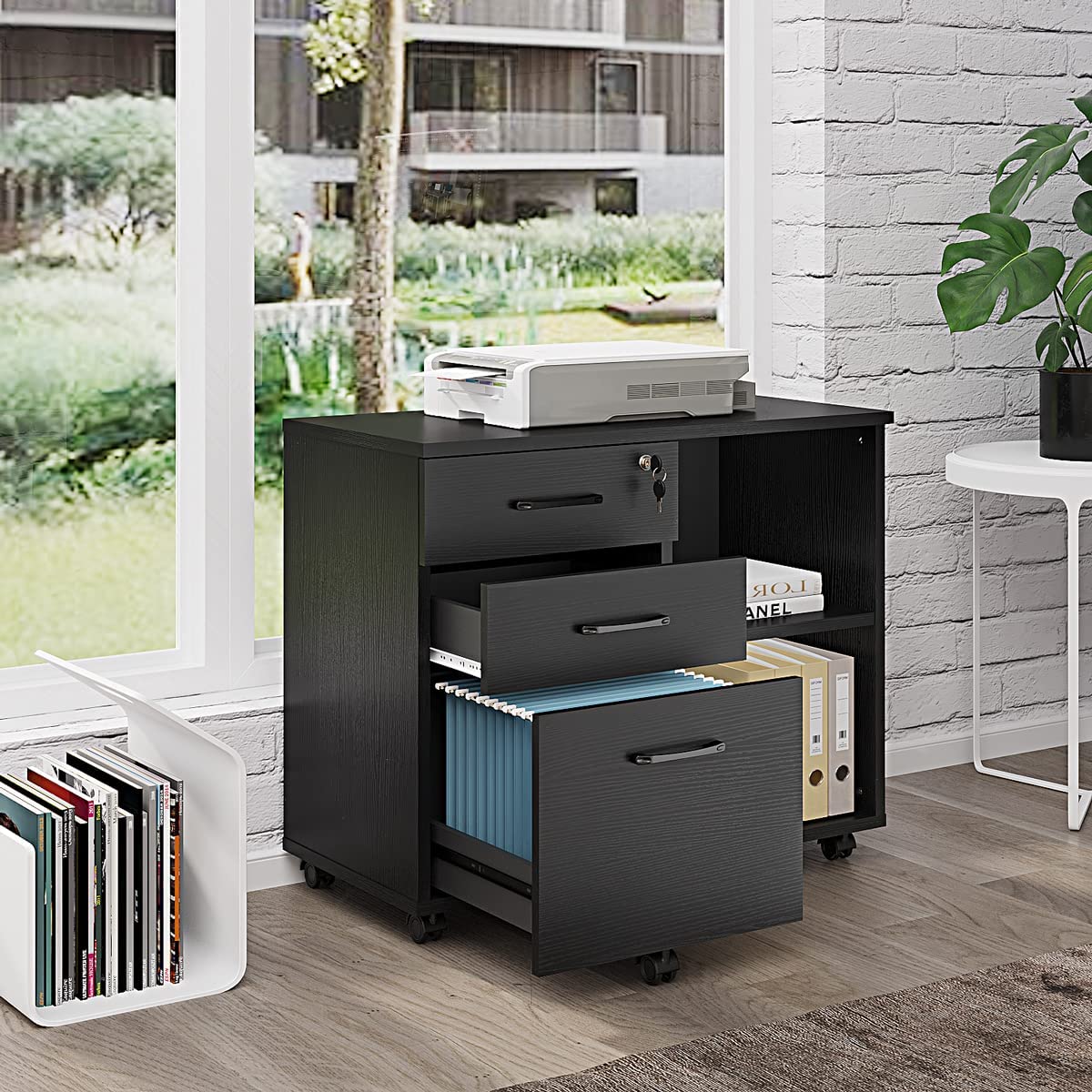

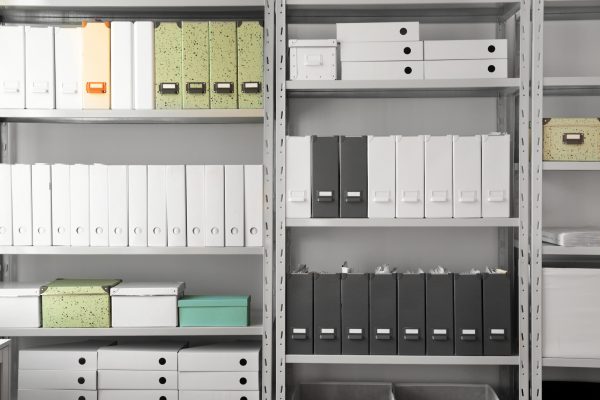

0 thoughts on “How To Organize Rental Property Files”